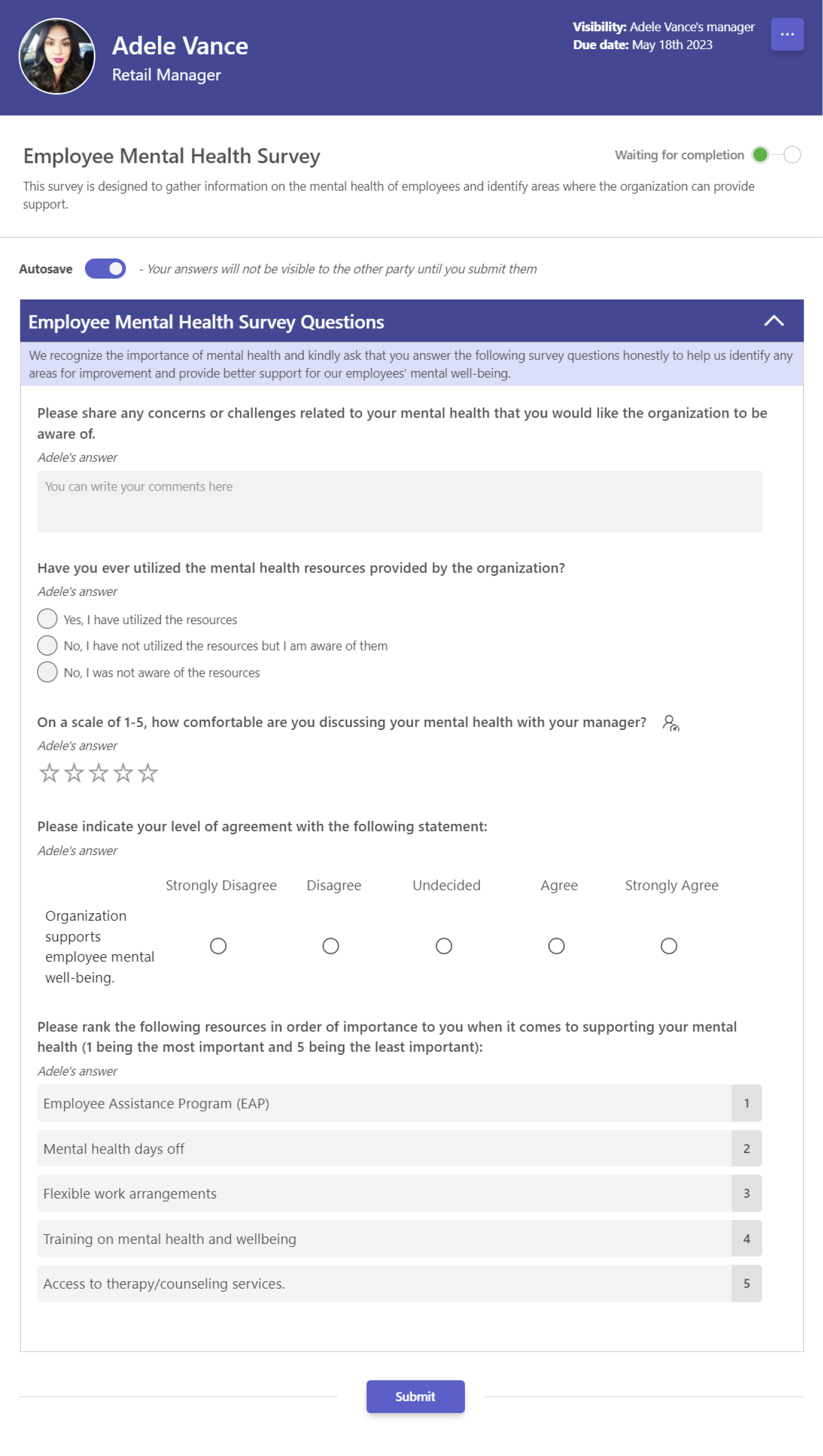
YesMadam’s Controversial Employee Terminations: Mental Health or Cost-Cutting Measures?
Introduction
YesMadam, a renowned startup specializing in social commerce, recently made headlines after allegedly firing over 100 employees following a mental health survey. The incident has sparked widespread criticism and raised questions about the ethics and legality of the company’s actions.
Allegations and Employee Perspectives
According to multiple former YesMadam employees, they were abruptly dismissed without warning shortly after participating in a mandatory mental health survey. Many reported symptoms of anxiety, depression, and burnout, which were allegedly ignored or dismissed by management.
“I felt like my concerns were not taken seriously,” said one former employee. “They treated us like statistics, not human beings.”
YesMadam’s Response and Defense
YesMadam has denied the allegations, claiming that the terminations were part of a performance improvement process and not related to the mental health survey. The company released a statement saying that it is committed to employee well-being and has implemented numerous initiatives to support mental health.
“We take employee well-being very seriously,” said YesMadam’s CEO. “The recent terminations were based on performance evaluations and not on the results of the mental health survey.”
Legal and Ethical Considerations
The YesMadam terminations have raised legal and ethical concerns. Some experts argue that the company may have violated anti-discrimination laws by targeting employees with mental health conditions. Others question the ethical implications of using mental health data to make employment decisions.
“It is illegal to discriminate against employees based on their mental health status,” said an employment law attorney. “Companies have a responsibility to provide reasonable accommodations for employees with mental health conditions.”
Balancing Mental Health and Business Performance
The YesMadam incident highlights the challenges faced by companies in balancing mental health support with business performance. Some argue that employers should prioritize employee well-being, even if it affects productivity in the short term.
“Mental health is essential to overall well-being and productivity,” said a mental health expert. “Companies need to invest in programs that support employee mental health, not terminate them for it.”
Others contend that companies have a responsibility to shareholders and must make decisions based on business performance. They argue that YesMadam may have been justified in terminating underperforming employees, regardless of their mental health status.
Implications for the Tech Industry
The YesMadam terminations have sent shockwaves through the tech industry, which has been grappling with allegations of toxic work cultures and burnout. Experts warn that YesMadam’s actions could set a dangerous precedent for other tech companies.
“Mental health is a serious issue in the tech industry,” said a tech industry analyst. “Companies need to treat employee mental health with the same importance as physical health.”
Conclusion
The YesMadam alleged employee terminations have raised important questions about the complexities of balancing mental health support with business performance. While YesMadam denies any wrongdoing, the allegations have sparked a debate about the ethics and legality of using mental health data in employment decisions. The incident serves as a reminder that companies have a responsibility to create healthy and supportive work environments for all employees, regardless of their mental health status.

You may also like
-
Broncos Triumph Over Chiefs, Securing Playoff Spot With Nix's Dominance
-
Epic Anfield Battle: Man United's Valiant Draw Against Liverpool
-
New England Patriots Triumph Over Buffalo Bills In Thrilling 23-16 Victory
-
First Overall Pick Cashes In On Rare MLB Bonus To Produce Historic Season
-
Diallo's Last-Gasp Equalizer Stuns Liverpool In Anfield Thriller